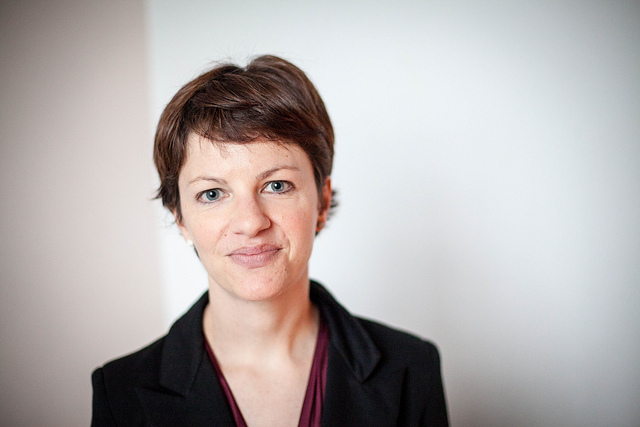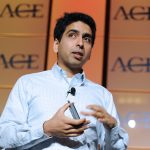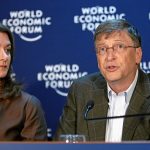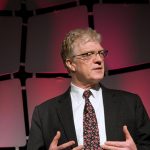Amanda Ripley is an investigative journalist for Time, The Atlantic, Slate and other magazines. She is an author, most recently, of The Smartest Kids in the World: And How They Got That Way, which became a New York Times bestseller. In her books and magazine writing, Amanda explores the gap between public policy and human behavior. How does the brain learn, and how does that compare to what children do in school all day?
Ask The Kids
Amanda has visited schools on four continents and interviewed hundreds of kids, teachers and parents. Part of her investigative journalistic style is to treat kids as valued ‘sources’ for stories. Ripley believes that if you want to know what is really happening in a school, you need to spend time talking to the kids that go there. You can uncover issues that might not be apparent to someone who isn’t a true insider.
The U.S. Is Falling Behind
While researching a particular story, she became interested in the question, “what type of education helps children become smarter?” During her research she learned that, although the U.S. spends more money per student than any other country, the U.S. is definitely not at the top of the game when it comes to gaining critical thinking skills. In an NPR interview Ripley said “American 15-year olds perform about 26th in the world in a test of critical thinking in math, 17th in science, and 12th in reading. And our high school graduation rate is now below that of 20 other nations.” Ripley wanted to know why.
To that end, she followed three American high school exchange students that were going to be living and going to school abroad in some of the highest performing countries (Finland, Poland, and South Korea) for a year. Through her undercover high school “informants”, Ripley learned a lot about their host countries’ school systems and she found a pattern of rapid change and transformation. None of these countries had so many high-achieving kids a few decades ago, and now they were scoring high on critical thinking tests across subjects.
Make Education A Priority
What changed? For starters, in these countries teaching has become a more rigorous and respected profession earning a higher salary. Parents focused on things that mattered academically (hint, it isn’t sports), and children had fully bought into the idea that education was necessary for them to get ahead in life. Being smart wasn’t seen as nerdy or uncool, but rather an important stepping stone to future success.
In the same NPR interview Ripley was asked; “what can we emulate from these examples that would make the American (education) experience better?” to which Ripley replied, “You know, I think it’s actually not that complicated, believe it or not. What we want to do is fewer things better. So fewer tests that are smarter, less homework that is more challenging and makes kids have to think, and even less parental involvement that’s more targeted at things that actually lead to learning.”
Ripley thinks American parents are plenty involved in their kids’ lives, “just in ways that aren’t particularly impactful” academically. She wants to help change that.
Want to learn more about the experiences of the American exchange students traveling abroad and what all of this taught Ripley about education policies that have real impact? Check out Amanda Ripley’s book, The Smartest Kids in the World: And How They Got That Way.
You can check out Amanda Ripley’s website and and watch her PopTech presentation, “Ask The Kids” on YouTube for even more information.
What do you think about Ripley’s ideas? Share your thoughts and comments in our Education Community.












